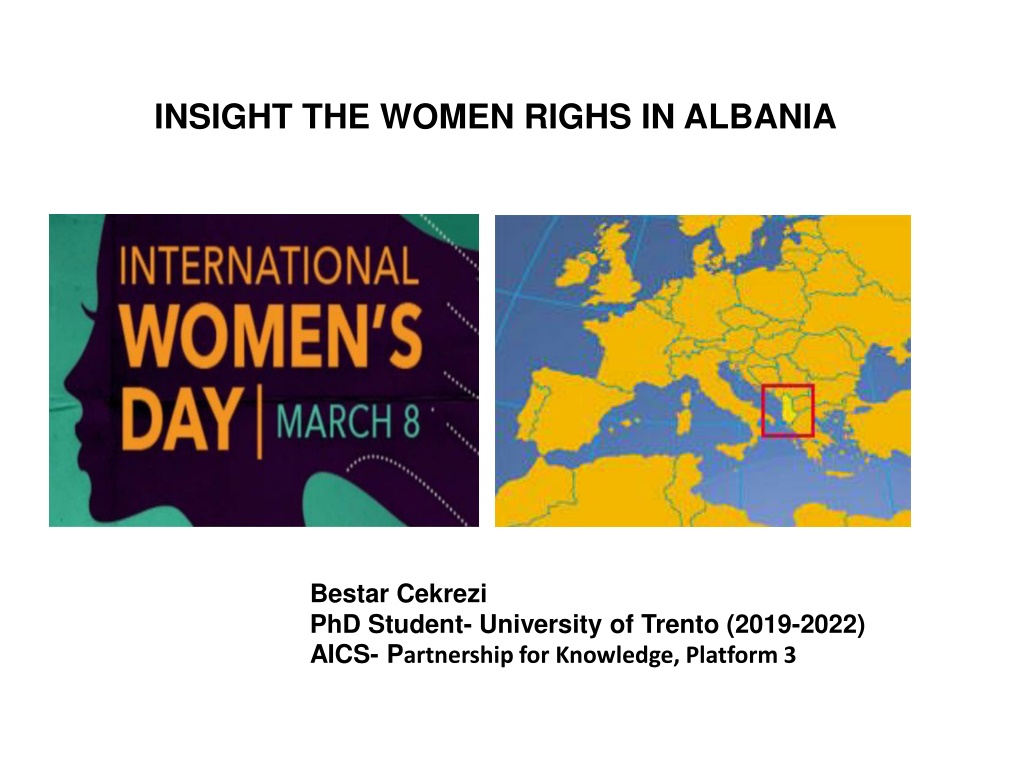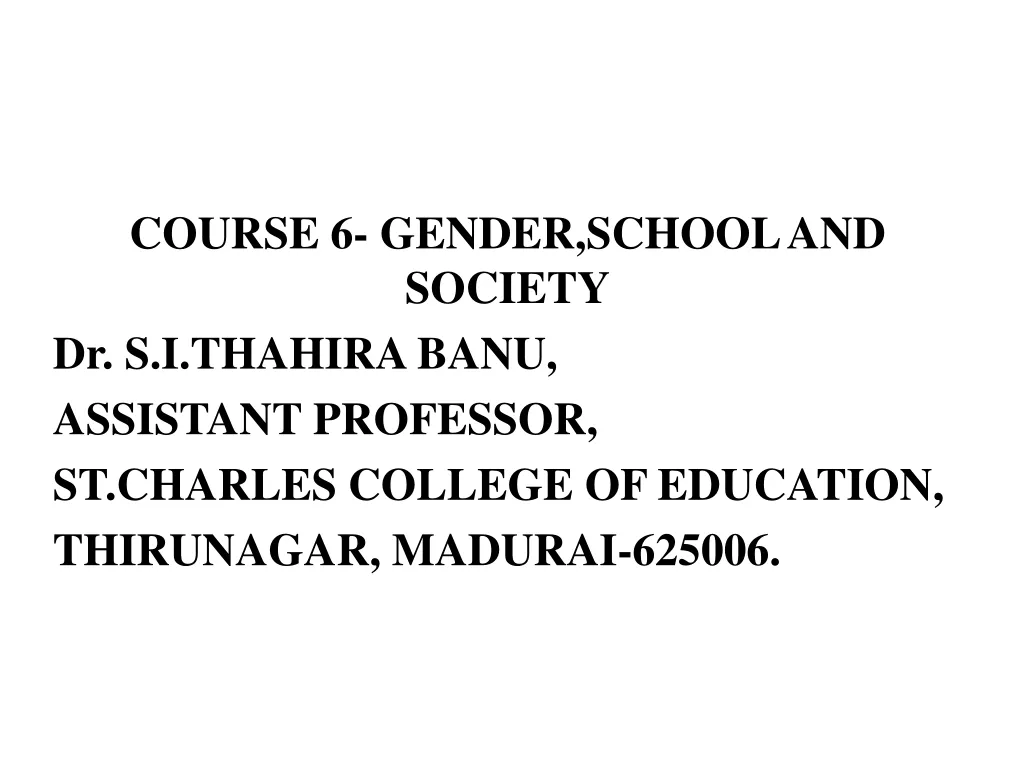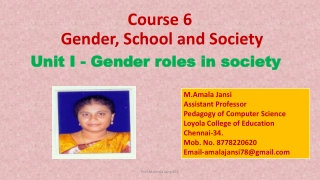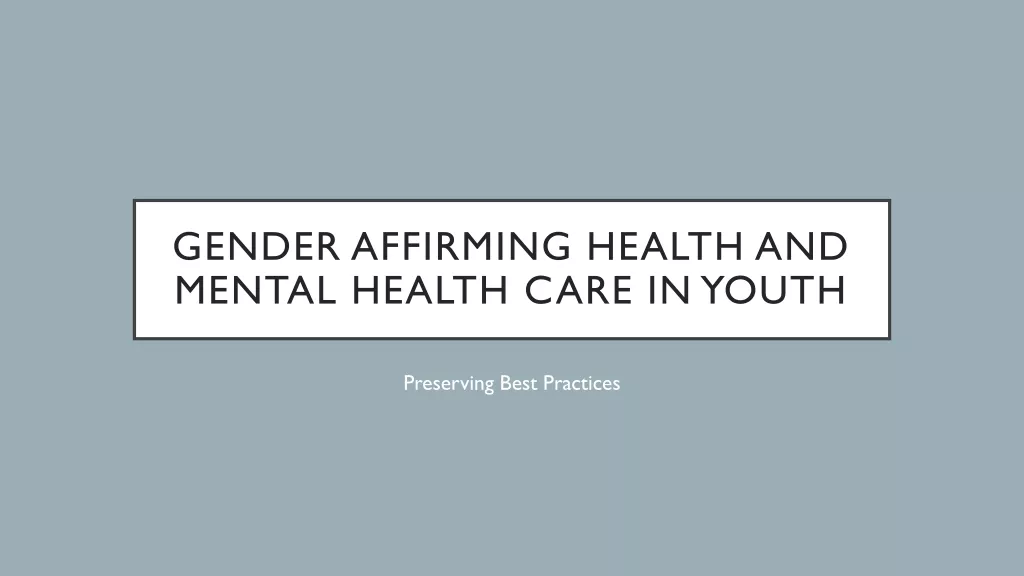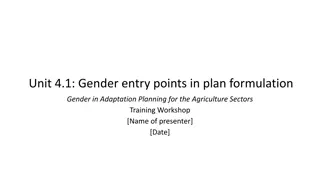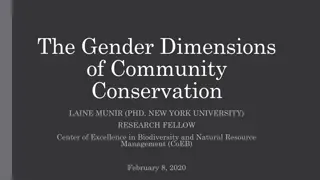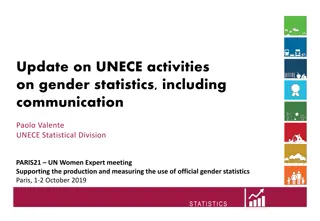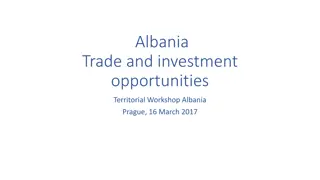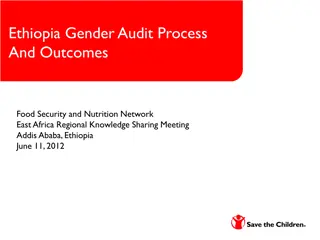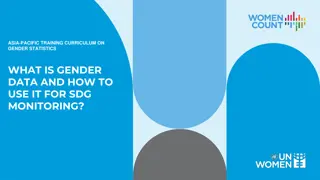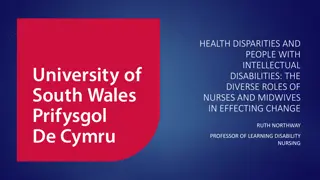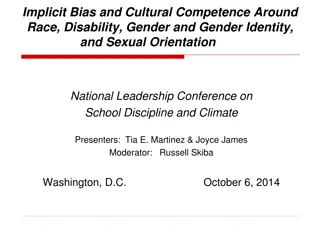Gender Disparities in Albania: A Closer Look
Albania has shown progress in addressing gender gaps, yet women encounter more obstacles in career advancement, education, and workforce participation. Social norms and limited childcare options contribute to these challenges. Efforts are underway to enhance women's economic opportunities through policy changes and promoting gender equality in various sectors.
Download Presentation

Please find below an Image/Link to download the presentation.
The content on the website is provided AS IS for your information and personal use only. It may not be sold, licensed, or shared on other websites without obtaining consent from the author.If you encounter any issues during the download, it is possible that the publisher has removed the file from their server.
You are allowed to download the files provided on this website for personal or commercial use, subject to the condition that they are used lawfully. All files are the property of their respective owners.
The content on the website is provided AS IS for your information and personal use only. It may not be sold, licensed, or shared on other websites without obtaining consent from the author.
E N D
Presentation Transcript
INSIGHT THE WOMEN RIGHS IN ALBANIA Bestar Cekrezi PhD Student- University of Trento (2019-2022) AICS- Partnership for Knowledge, Platform 3
Albania has made a significant progress in bridging gender gaps. However, women face more obstacles than men throughout their lives, especially in building a successful career.
Girls and Boys start the primary education at the age of 6, which boys comprise the majority up to high school. This report changes in Universities, where Women s enrollment in Albanian universities is 60 % higher than Men's enrollment.
Women's labor force participation in Albania is 17 % below Men s. There are many housewife and girls that have not attended the university or attended but not working. Most of them that do not attend the university starting the family life earlier. When a woman gets married, she is expected to do most household works, to cook daily and care for children and the elderly. Average age at time of marriage for Women is 26.5 and Men 31.5
Such entrenched social norms, as well as limited childcare availability keep many women from actively participating in the labor force. However, efforts are being made to remove some of the obstacle's women face in order to increase the economic opportunity for women.
There are abundant provisions for maternity leave in Albanian's labor code, but still most Employers see this as an additional and discouraging cost when hiring women. Recently, the labor code provided for parental leave for fathers and therefore the situation is likely to change.
Only 23 % of the firms have a female manager, and only 13 % have a female owner. Women earn 89 cents for every dollar compared to men with similar qualification.
Women represent over 50 % of the Albanian government and 30 % of the parliament. Also, 50 % of senior management positions in public administration are held by women. Going forward, through further improvement of the legal framework, the labor market and by rewarding women on equal footing with men, Albania can make a big difference and increase GDP by 20 %. *The reference of these data is taken by World Bank 2020
